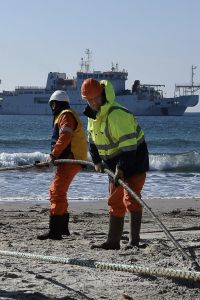
Sea Change
Google and Meta’s new subsea cables mark a tectonic shift in how the internet works, and who controls it.
Recommendation
When you increase the speed of the internet, all kinds of new initiatives become possible, and Africa has been living with subpar internet conditions for a long time. So when wealthy US-based tech companies offer to provide faster internet speeds through undersea fiber-optic cables, leaders of African nations can’t really turn them down. But how will these cables be connected, what will it mean for the average citizen and how will infrastructure from US companies influence Africa’s future? Andrew Blum and Carey Baraka describe Africa’s journey to a more connected future in this Rest of World article.
Summary
About the Authors
Andrew Blum is a New York-based writer whose work has appeared in Time, WIRED and Popular Science. His books include Tubes: A Journey to the Center of the Internet and The Weather Machine: A Journey Inside the Forecast. Carey Baraka is a writer from Kisumu, Kenya. His work covering topics from literary culture to politics has been featured in the Johannesburg Review of Books, Electric Literature and Foreign Policy.








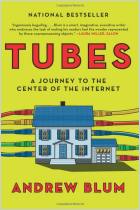
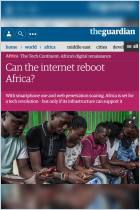

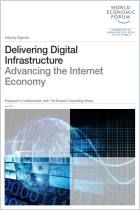
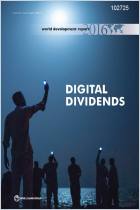

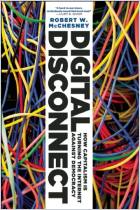

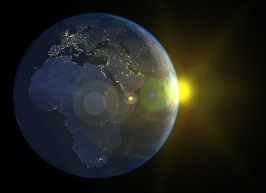

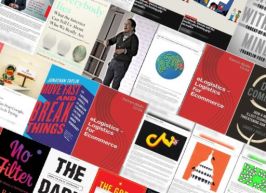



Comment on this summary